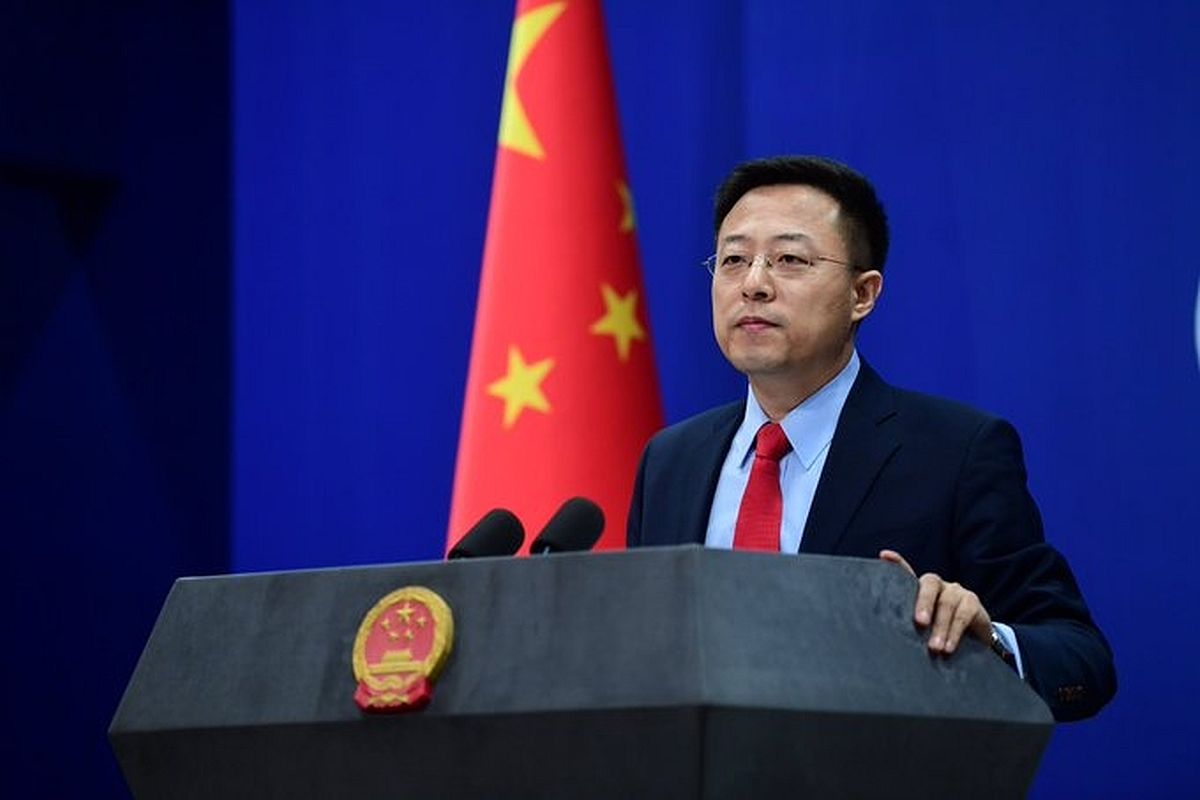A day after the Government of India banned 59 Chinese apps, Beijing on Tuesday expressed strong concerns over Delhi’s move.
Briefing media on the development, Chinese Foreign Ministry spokesperson Zhao Lijian said Beijing is “strongly concerned” and was “verifying the situation”.
Lijian further stressed that the Chinese government has always asked its businesses to abide by international and local laws and regulations.
“Indian Government has a responsibility to uphold the legal rights of international investors including Chinese ones,” the Foreign Ministry spokesperson added.
The Government on Monday banned 59 Chinese apps, including TikTok, Shareit, UC Browser and Xiaomi’s Mi Community over national security concerns amid strained bilateral relations between India and China following the death of 20 Armymen in the Galwan Valley clash with Chinese PLA troops in eastern Ladakh on June 15.
The Ministry of Electronics and Information Technology, invoking it’s power under section 69 A of the Information Technology Act read with the relevant provisions of the Information Technology (Procedure and Safeguards for Blocking of Access of Information by Public) Rules 2009 and in view of the emergent nature of threats decided to block 59 apps since in view of the information available they are “engaged in activities which are prejudicial to sovereignty and integrity of India, defence of India, the security of state and public order”.
“There have been raging concerns on aspects relating to data security and safeguarding the privacy of 130 crore Indians. It has been noted recently that such concerns also pose a threat to sovereignty and security of our country,” Ministry of Information and Technology further said in a statement.
“The Ministry has received many complaints from various sources including several reports about the misuse of some mobile apps available on Android and iOS platforms for stealing and surreptitiously transmitting users’ data in an unauthorized manner to servers which have locations outside India,” it said.
“The compilation of these data, its mining and profiling by elements hostile to national security and defence of India, which ultimately impinges upon the sovereignty and integrity of India, is a matter of very deep and immediate concern which requires emergency measures,” it added.
Upon receiving of recent credible inputs that such Apps pose threat to sovereignty and integrity of India, the Government of India has decided to disallow the usage of certain Apps, used in both mobile and non-mobile Internet-enabled devices, the ministry statement read.
The Government also asserted that this move will safeguard the interests of crores of Indian mobile and internet users. This decision is a “targeted move to ensure safety and sovereignty of Indian cyberspace,” it said.
Meanwhile, Chinese short-video making app TikTok and vernacular social networking platform Helo, which have millions of users in India, on Tuesday said they are in the process of complying with the government order to ban 59 Chinese apps and are not sharing any data of Indian users with the Chinese government.
“The government of India has issued an interim order for the blocking of 59 apps, including TikTok and we are in the process of complying with it,” Nikhil Gandhi, Head of TikTok India, said in a statement.
He further said that the company has been invited to meet with concerned government stakeholders for an opportunity to respond and submit clarifications.
“TikTok continues to comply with all data privacy and security requirements under Indian law and have not shared any information of our users in India with any foreign government, including the Chinese Government,” Gandhi explained.
ByteDance-owned TikTok said that it places the highest importance on user privacy and integrity.
“TikTok has democratized the internet by making it available in 14 Indian languages, with hundreds of millions of users, artists, story-tellers, educators and performers depending on it for their livelihood, many of whom are first-time internet users,” said Nikhil Gandhi.












